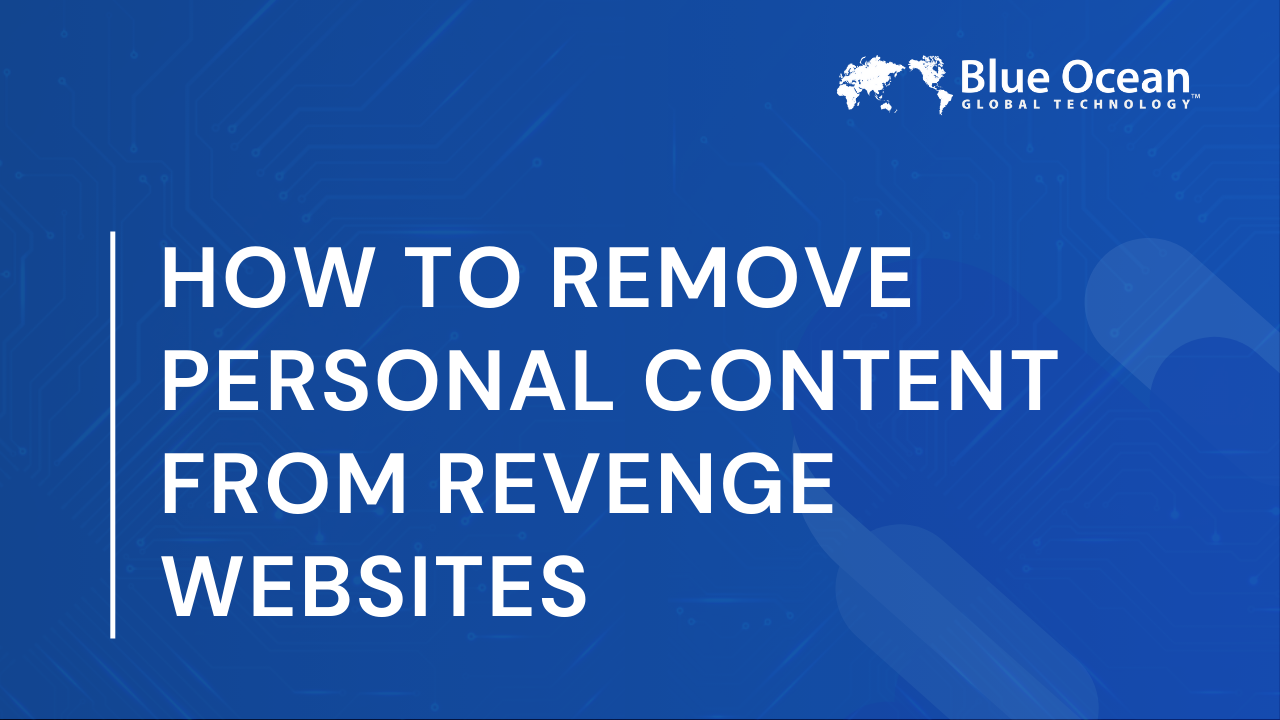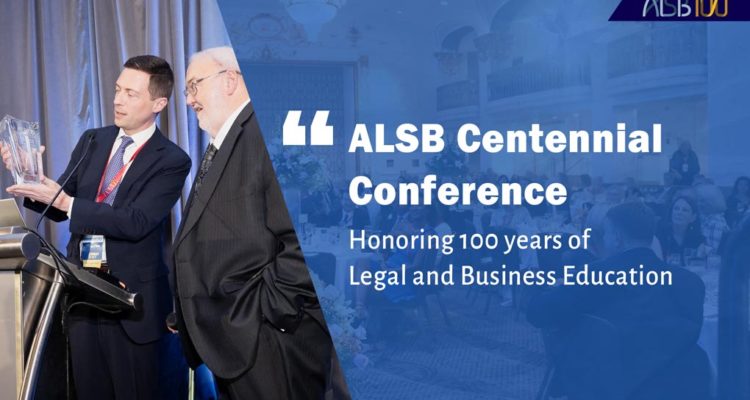Revenge websites deliberately share sensitive personal content to harm individuals, making it vital to remove such material to protect your reputation and well-being. Across ten countries (including the U.S.) a survey found that 22.6 % of adults reported an experience of image-based sexual abuse (including threats to share intimate images) in 2025. Addressing this issue requires actionable steps, from documenting evidence to seeking legal support, ensuring you navigate the process effectively.
This guide explains how to document content, request removals, and explore legal avenues for resolution. Alongside self-help strategies, we emphasize the benefits of professional assistance from experts like Blue Ocean Global Technology, a leader in addressing online defamation, digital forensics, and reputation management.
What is a Revenge Website and Why Does it Exist?
Revenge websites are online platforms created to exploit someone’s personal or explicit content. These sites operate with harmful intent, often targeting victims’ privacy and peace of mind.
What Types of Content are Shared on Revenge Websites?
Revenge websites frequently post explicit images, private videos, personal photos, or sensitive details without consent. Some sites even allow others to upload content anonymously, amplifying the violation.
Why is Revenge Content Shared, and What is the Intent?
The primary motivations behind revenge content include retaliation after personal disputes, harassment, public shaming, or extortion for financial gain. Such actions reflect an intentional desire to harm the victim’s reputation or emotional state.
How Does This Impact Victims?
Victims often experience significant emotional and psychological harm, including anxiety, fear, or depression. Exposure of private information or explicit content can also result in severe social stigma, reputational damage, and safety risks.

Image source: Pixabay
Steps to Remove Personal Content From Revenge Websites
Removing content from a revenge website involves an organized, step-by-step approach. By prioritizing documentation, reporting, and legal actions, you can increase the success of removal efforts.
Step 1: Document Everything
Documenting the problematic content accurately is crucial for building a case. Screenshots and timestamps act as evidence that can be used for takedown requests or legal actions.
- Capture screenshots of the content, including the website URL and date visible in the image.
- Record any accompanying information, such as user comments or page descriptions, that further corroborates its origin.
- Store all evidence securely in a well-organized digital folder to simplify communication with platforms, authorities, or professionals.
Step 2: Report to the Platform or Authorities
Filing a complaint with the hosting platform and, if necessary, the authorities, can help remove illegal content or escalate your case.
- Use the website’s official reporting tools to highlight the issue. Always include sufficient evidence to reinforce your request.
- Contact law enforcement if the published content violates laws, such as non-consensual pornography or blackmail statutes.
Engaging the authorities is particularly critical when your safety or privacy has been compromised through illegal activities.

Image Source: Freepik
Step 3: Submit a Legal Takedown Request
Leverage legal frameworks to demand removal of unauthorized content.
- File a DMCA takedown request if the content involves intellectual property violations, such as unauthorized sharing of private photos or videos.
- Use Google’s removal tools for privacy complaints, ensuring non-consensual explicit material is delisted from search results.
Step 4: Seek Professional Help
If initial efforts fail or the situation becomes complex, reach out to online reputation and legal experts like Blue Ocean Global Technology. Professionals bring specialized experience in navigating website policies, search engine removals, and legal remedies to achieve successful outcomes.
Legal and Professional Solutions for Revenge Content Removal
While individual actions are valuable, professional and legal channels provide comprehensive and enforceable paths to resolve challenging cases.
How Can Legal Experts Assist in Content Removal?
Legal professionals specializing in privacy and cyberlaw can:
- Draft cease-and-desist notices targeting website administrators.
- Represent you in court for injunctive relief or damages.
- Engage platforms or hosting providers on your behalf for takedown enforcement.
Expert interventions significantly accelerate resolution when platforms appear unresponsive.
Are There Jurisdictions with Strong Penalties for Revenge Websites?
Laws combating revenge websites have grown stricter globally. For example, several U.S. states impose felony charges for distributing revenge porn, while international territories implement varied penalties for related cybercrimes.
How Does Blue Ocean Global Technology Support its Clients?
Blue Ocean Global Technology combines digital forensics and legal partnerships to tackle complex cases of online harm. From evidence collection to content deletion, the firm tailors its services to each client’s scenario, ensuring effective problem resolution and sustained reputational recovery.
Remove Negative Content and Enhance Your Online Image
Learn to stay a step ahead at protecting your image online. Professionals at Blue Ocean Global Technology can help you take down content from revenge websites.
Can Search Engines Help Remove Unwanted Content?
Search engines play a critical role in limiting visibility, even when they cannot directly delete harmful content from the source.
Can Search Engines Remove Unwanted Content Entirely?
No, search engines like Google do not host the content itself; they can only delist material from appearing in search results. The original content typically remains accessible on the hosting site.
How Do You Request Search Engine Removals?
Use search engine-specific privacy complaint forms to report non-consensual content or violations. Google, for instance, has forms explicitly designed to address requests for delisting explicit or defamatory material.
What Policies Apply to Explicit or Defamatory Content Removal?
Search engines enforce strict guidelines for certain cases, such as non-consensual explicit images or data breaches. Compliance is typically governed by privacy law and depends on the jurisdiction of the complaint.

Image Source: Pixabay
How to Protect Yourself From Revenge Websites
Prevention can reduce the likelihood of becoming a victim. Consistent privacy habits and proactive monitoring are vital.
Practical Methods for Safeguarding Your Privacy Online:
- Avoid storing or sharing explicit images on digital platforms.
- Strengthen the privacy settings on your online accounts and activate two-factor authentication.
What Steps Minimize the Risk of Content Misuse?
- Regularly monitor your digital presence by running self-checks, such as searching for your name or email address.
- Request removal of personal details from people-search sites, which can often lead to misuse.
Why is Emotional and Mental Health Support Critical?
The psychological impact of revenge websites can be debilitating. Victims may face emotional distress, including anxiety, depression or even post-traumatic stress disorder (PTSD). One study found that survivors of non-consensual intimate image sharing reported higher levels of depression and anxiety than non-victims. Seeking therapy or attending support groups provides essential coping mechanisms during recovery.
Why Work With Professionals Like Blue Ocean Global Technology?
Removing personal content from revenge websites requires technical, legal, and strategic expertise. Blue Ocean Global Technology excels in guiding clients through every step, from takedown requests to reputation repair, ensuring sensitive issues are resolved effectively.
Frequently Asked Questions About Content Removal
Can content always be removed from the internet?
Not all content can be completely erased. However, localized takedowns or search engine delisting ensures reduced visibility.
Is it legal to remove content from the internet?
Yes, when using authorized channels such as DMCA takedowns, court orders, or platform policies to enforce removal.
How long does it take to remove content?
The timeline varies. Platform responses may take a few days, while legal proceedings can span weeks or months.
What happens after I submit a removal request?
Once a takedown request is submitted, the website or search engine reviews its validity under their terms. They may request additional proof before initiating the removal.
Legal Services to Protect Your Reputation Online
Seek Legal Counsel with utmost discretion. Get assistance from professionals across the globe.











